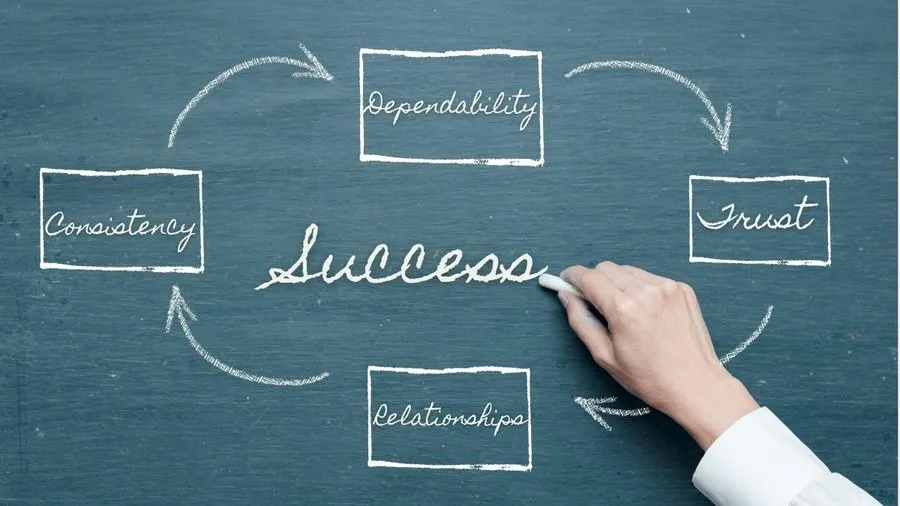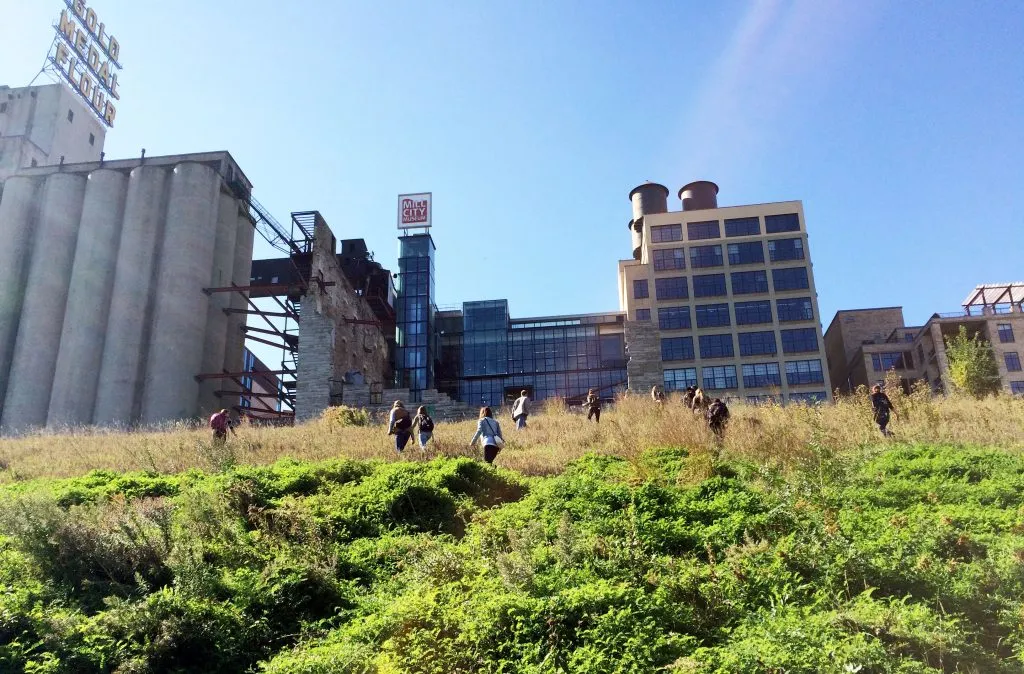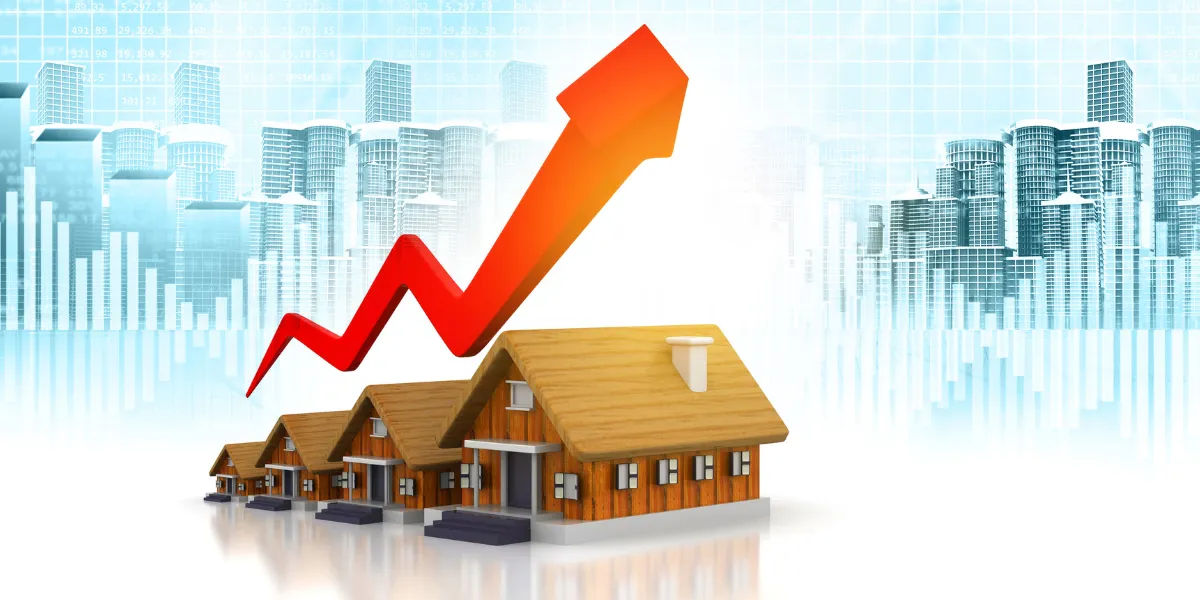Introduction
As technology continues to transform the way people live, work, and interact, smart city developers are at the forefront of creating urban environments that are more connected, efficient, and sustainable. Their projects go beyond traditional real estate, combining digital innovation with forward-thinking infrastructure to build cities that respond intelligently to the needs of their residents. By integrating data, technology, and design, smart city developers are laying the foundation for the urban centers of the future.
Smart city developers focus on leveraging technology to optimize urban living while addressing challenges such as congestion, energy consumption, and resource management. Their projects integrate sensors, data analytics, and Internet of Things (IoT) systems that monitor and enhance daily operations, from traffic flow and public safety to energy use and waste reduction. This data-driven approach ensures that cities run more efficiently while improving the quality of life for residents.
At the heart of smart city development is sustainability. Developers prioritize renewable energy sources, smart grids, and energy-efficient buildings that reduce carbon footprints while cutting costs. Water conservation systems, green infrastructure, and intelligent waste management further contribute to creating eco-friendly cities that balance growth with environmental responsibility.
Connectivity is another defining feature of smart city projects. Developers design spaces with integrated broadband, 5G networks, and advanced communication systems that keep residents and businesses connected at all times. This level of connectivity fosters innovation, supports remote work, and ensures access to digital services that are essential in the modern world.
Smart city developers also emphasize mobility and accessibility. Projects often include smart transportation networks with electric vehicle charging stations, shared mobility services, and real-time traffic management systems. By prioritizing walkability, cycling paths, and public transit integration, they create urban spaces that are not only efficient but also healthier and more livable.
Community engagement plays a critical role in smart city development. Digital platforms allow residents to participate in decision-making processes, report issues, and access city services more conveniently. This collaborative approach fosters stronger civic participation and ensures that urban growth reflects the evolving needs of its population.
From an investment perspective, smart city developments hold immense potential. As global populations concentrate in urban areas, the demand for intelligent infrastructure continues to rise. Governments, investors, and residents see these projects as future-proof, offering resilience, efficiency, and innovation that traditional developments cannot match.
Conclusion
Smart city developers are reshaping urban life by merging technology, sustainability, and human-centered design. Their projects create connected, efficient, and resilient environments that anticipate the challenges of tomorrow while enhancing everyday living. As cities continue to grow and evolve, smart city developers will remain central to building the urban landscapes of the future.




